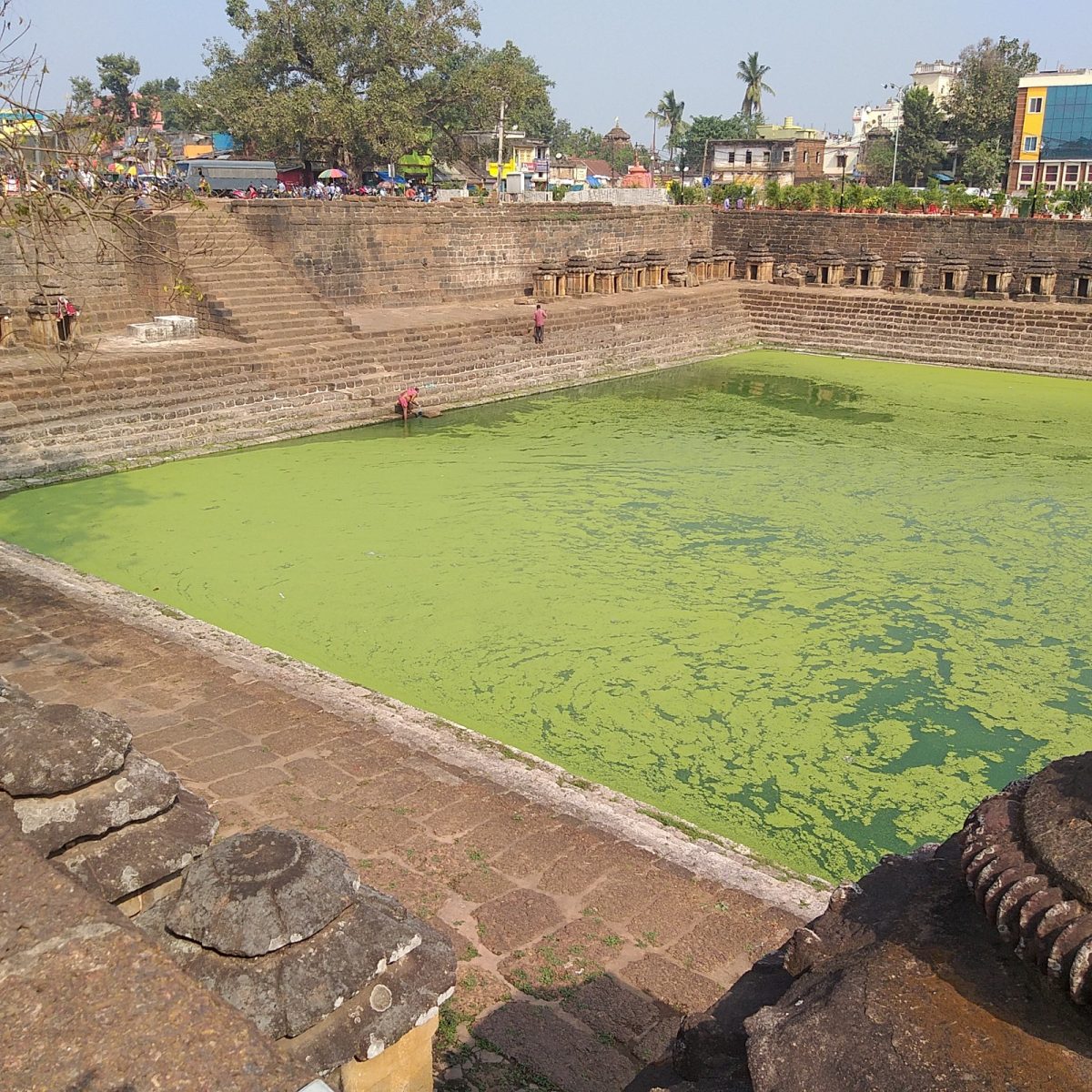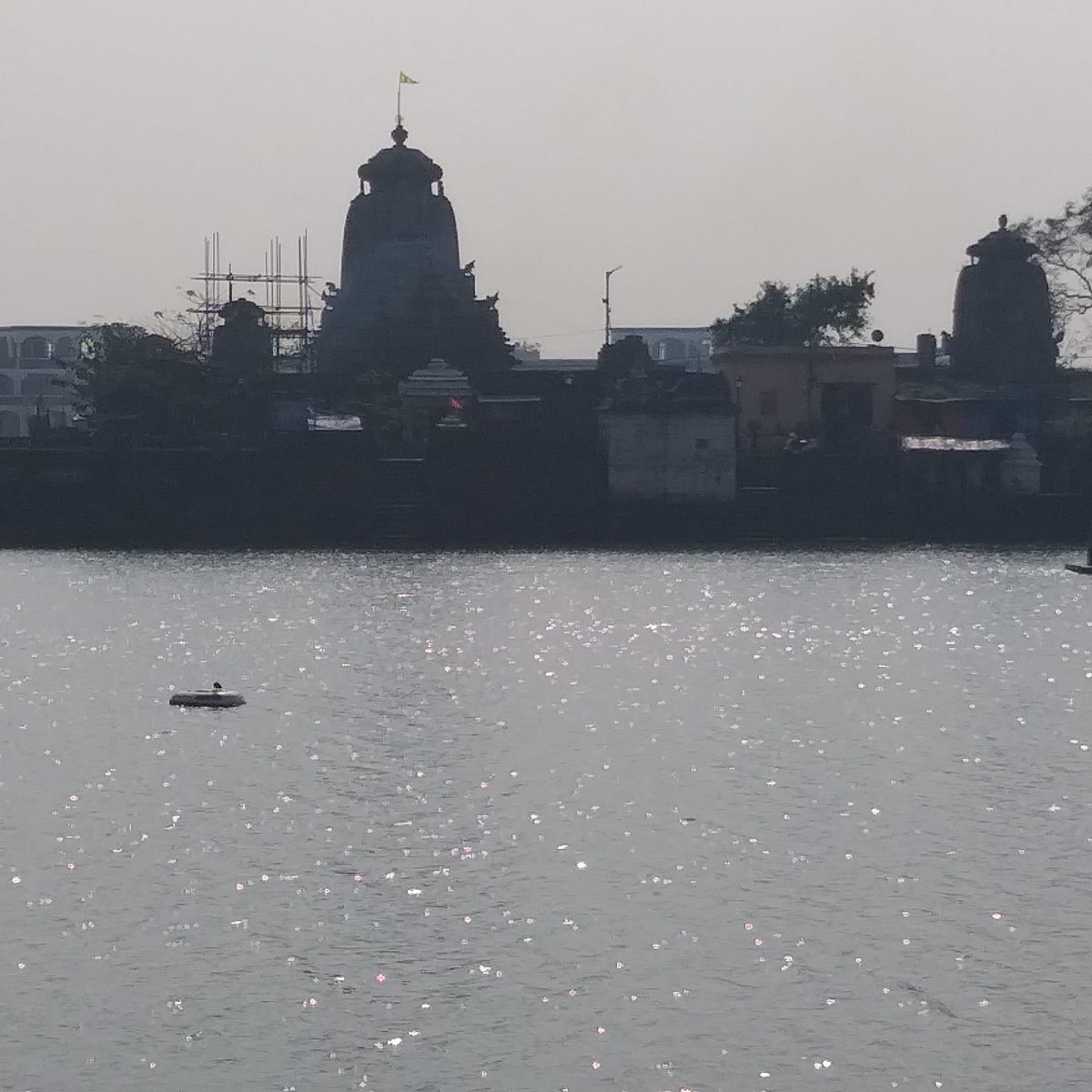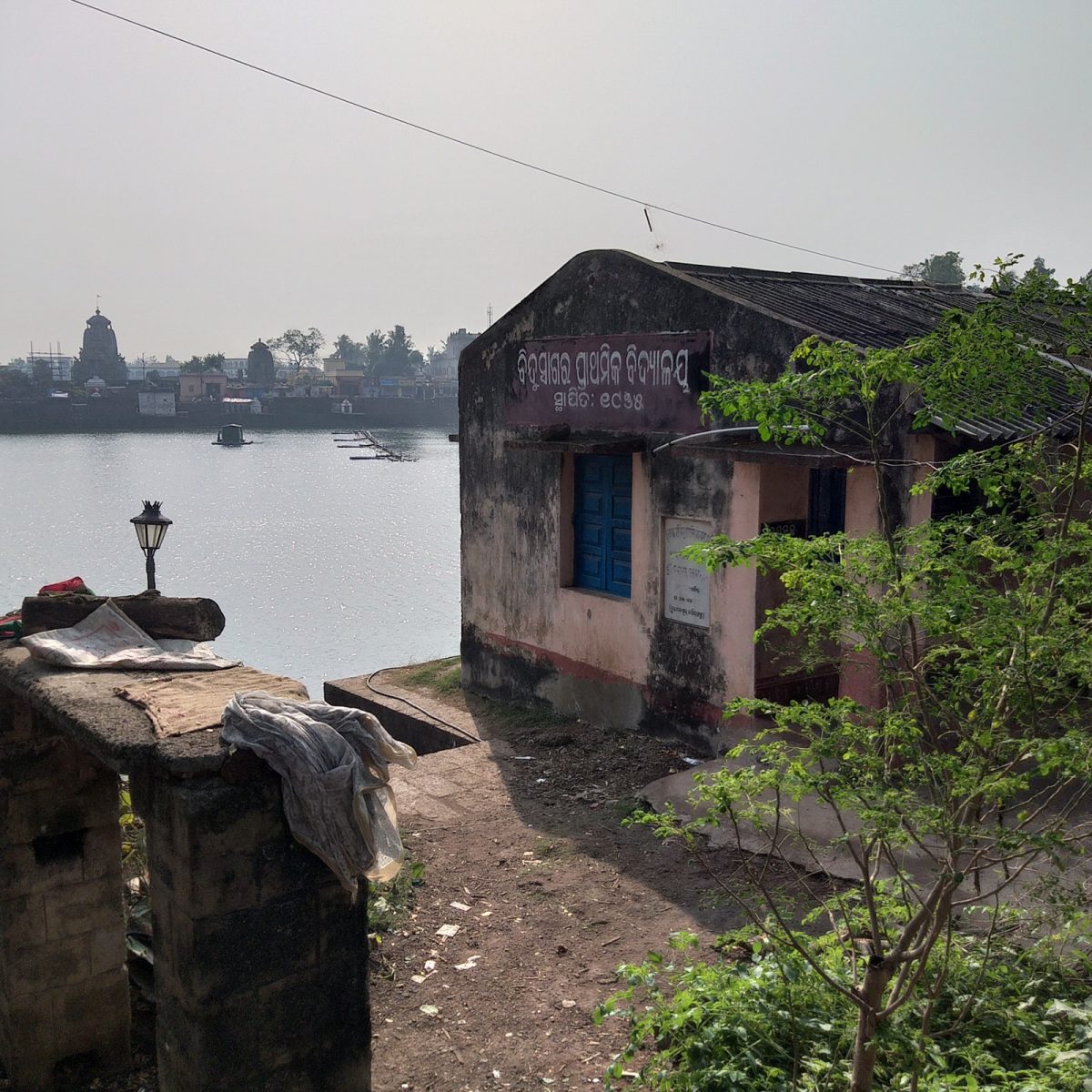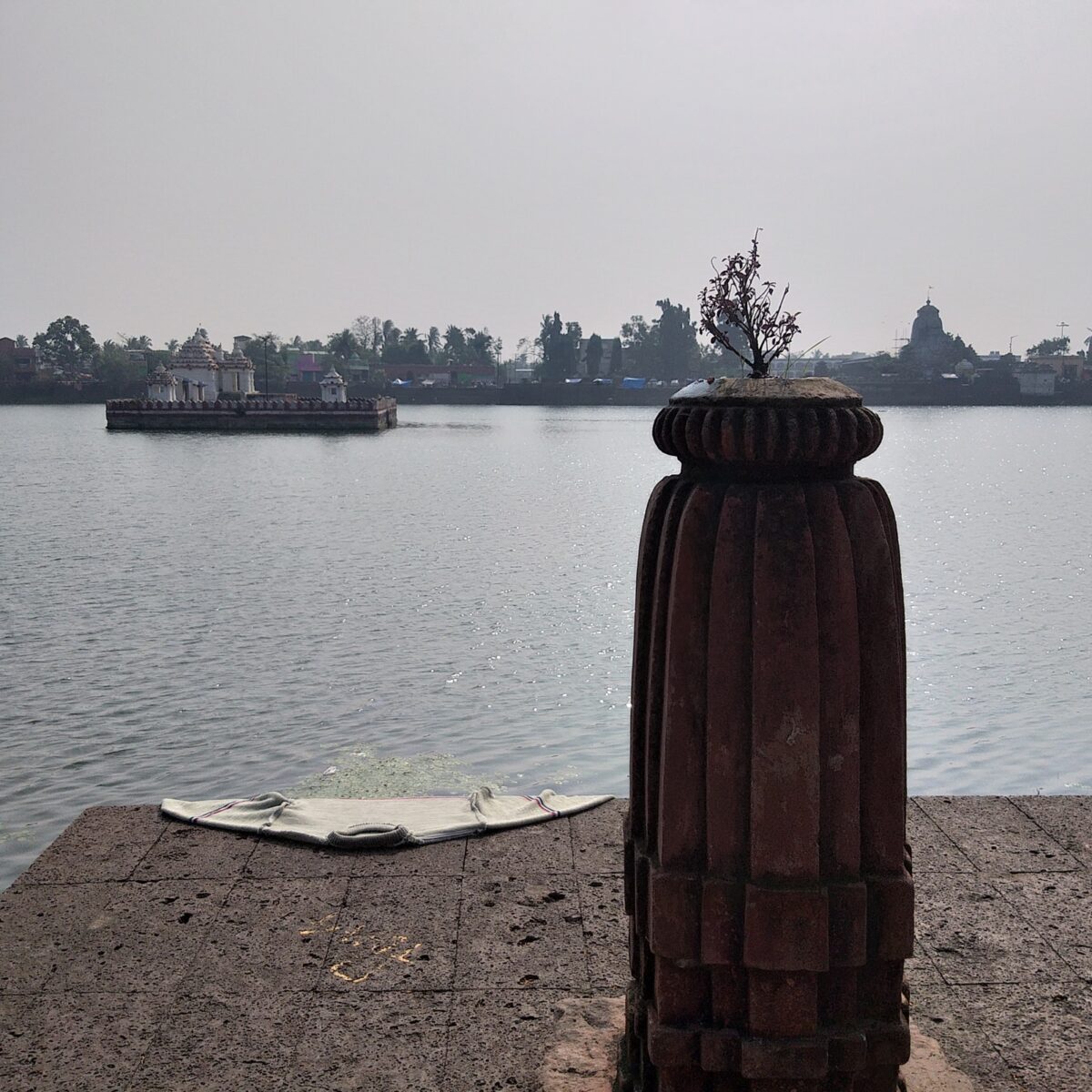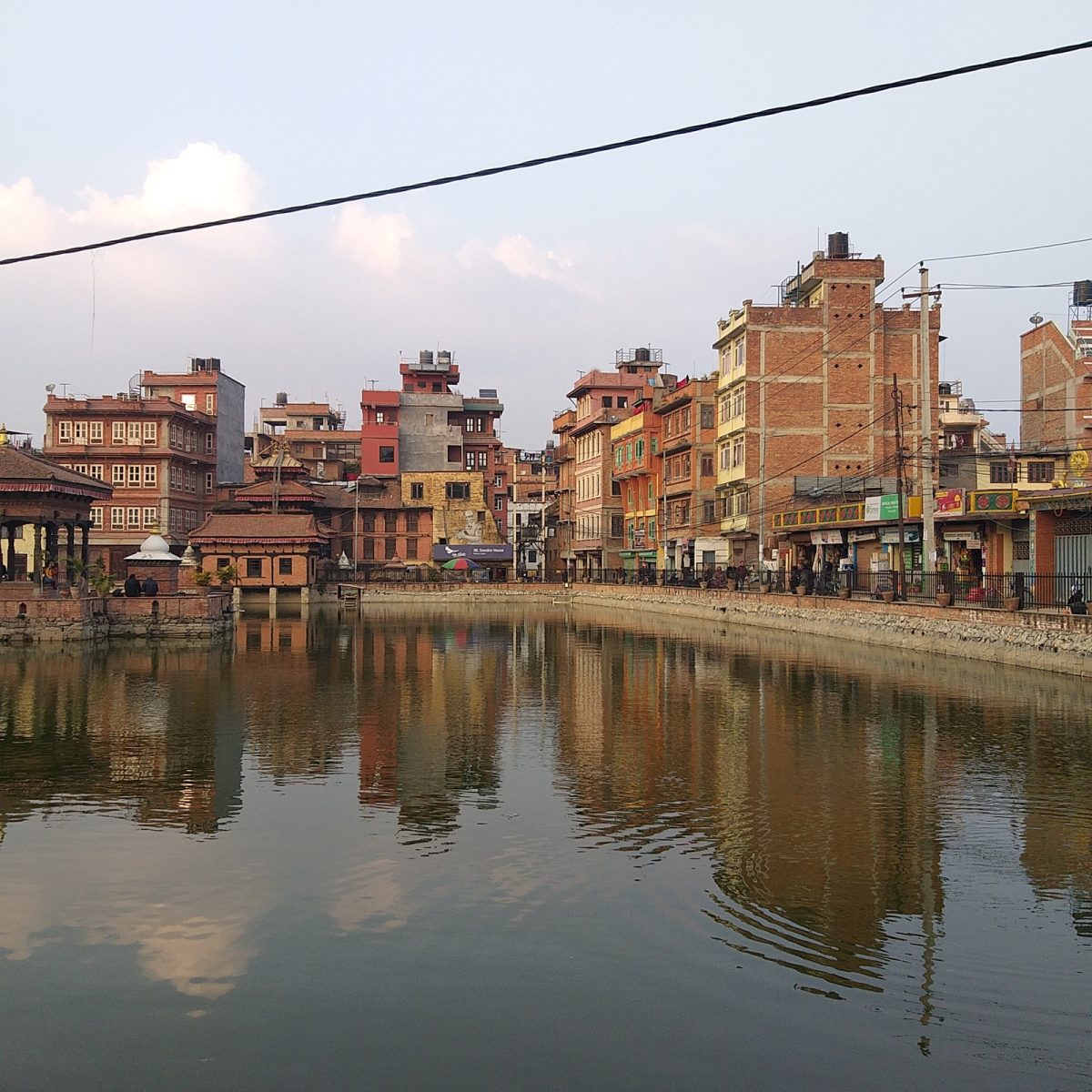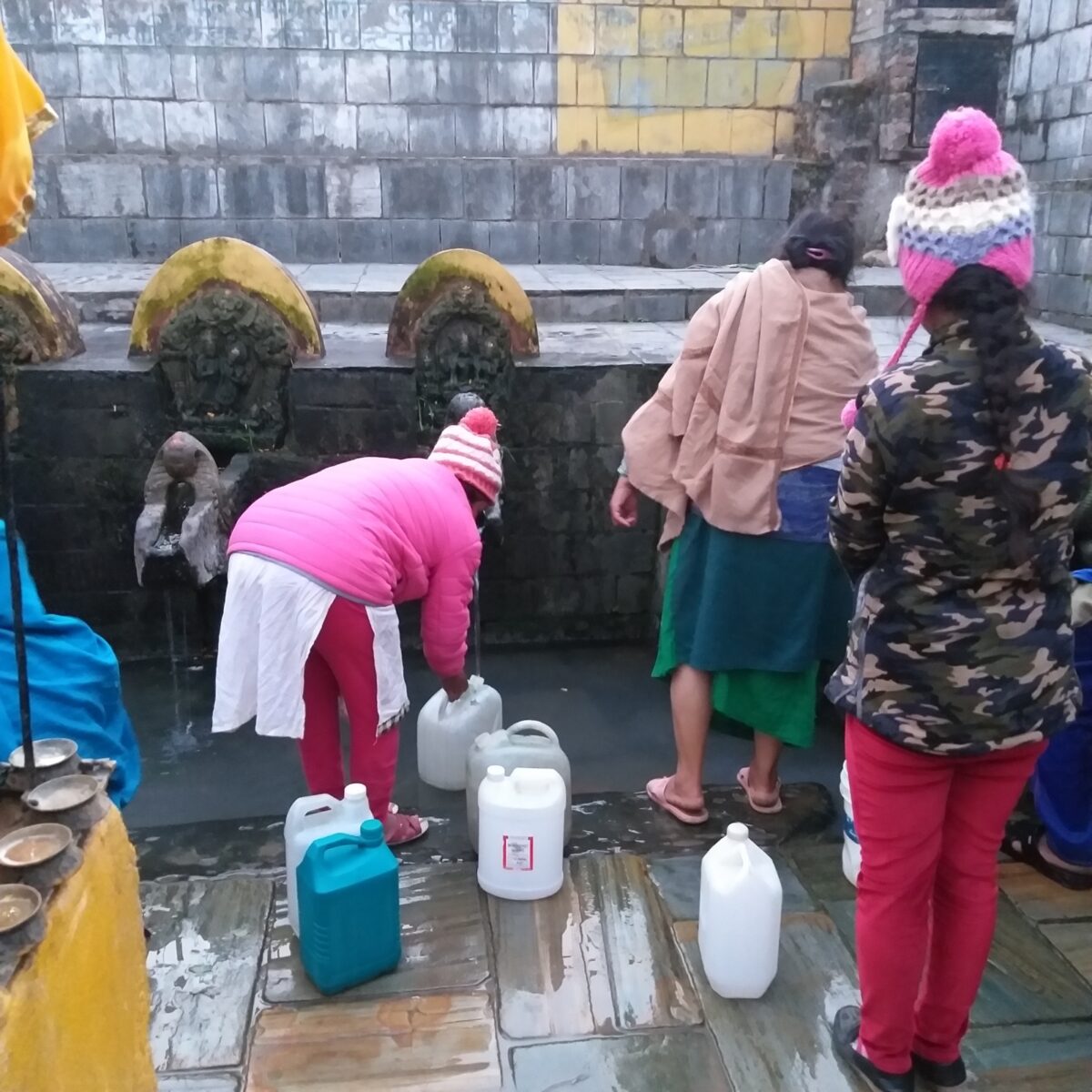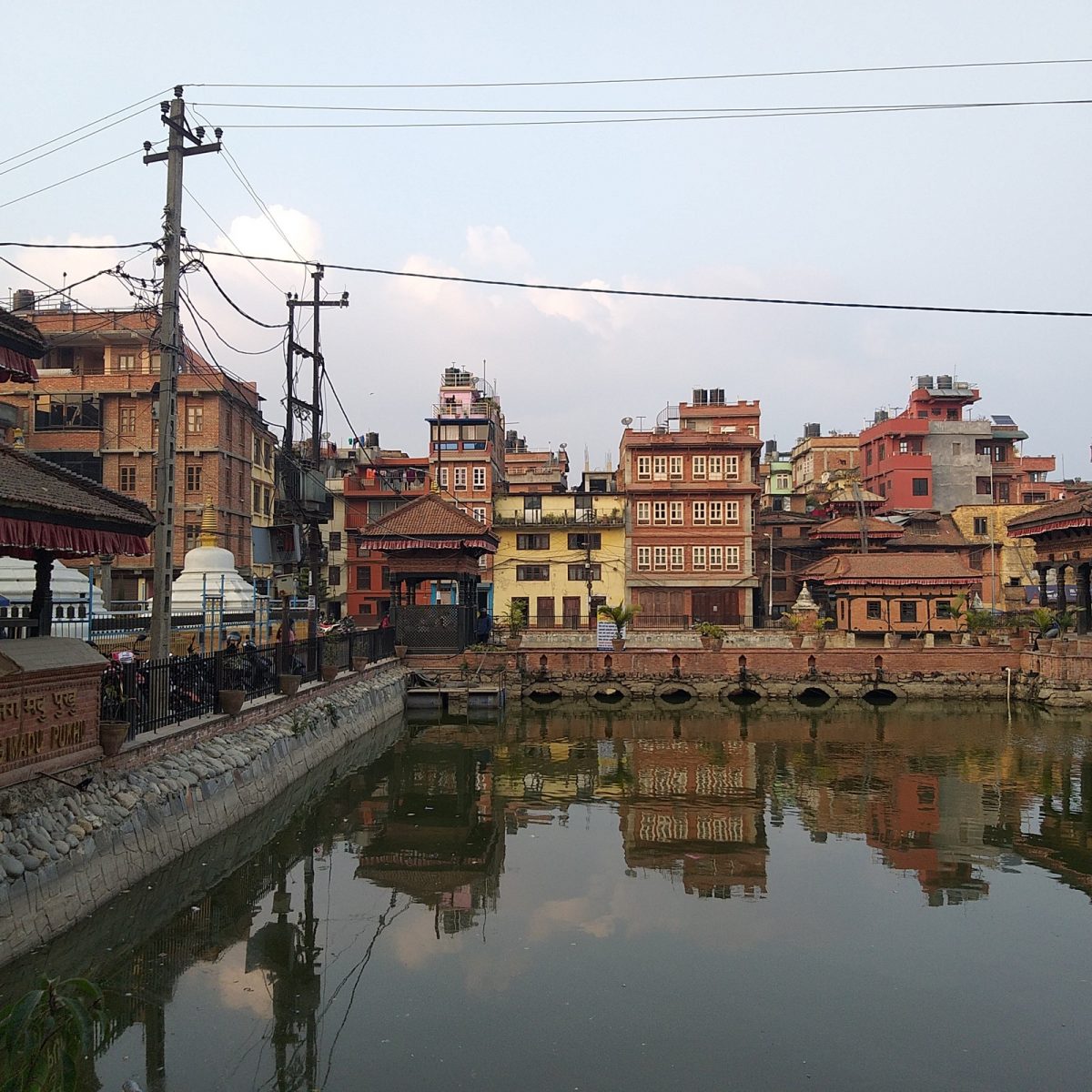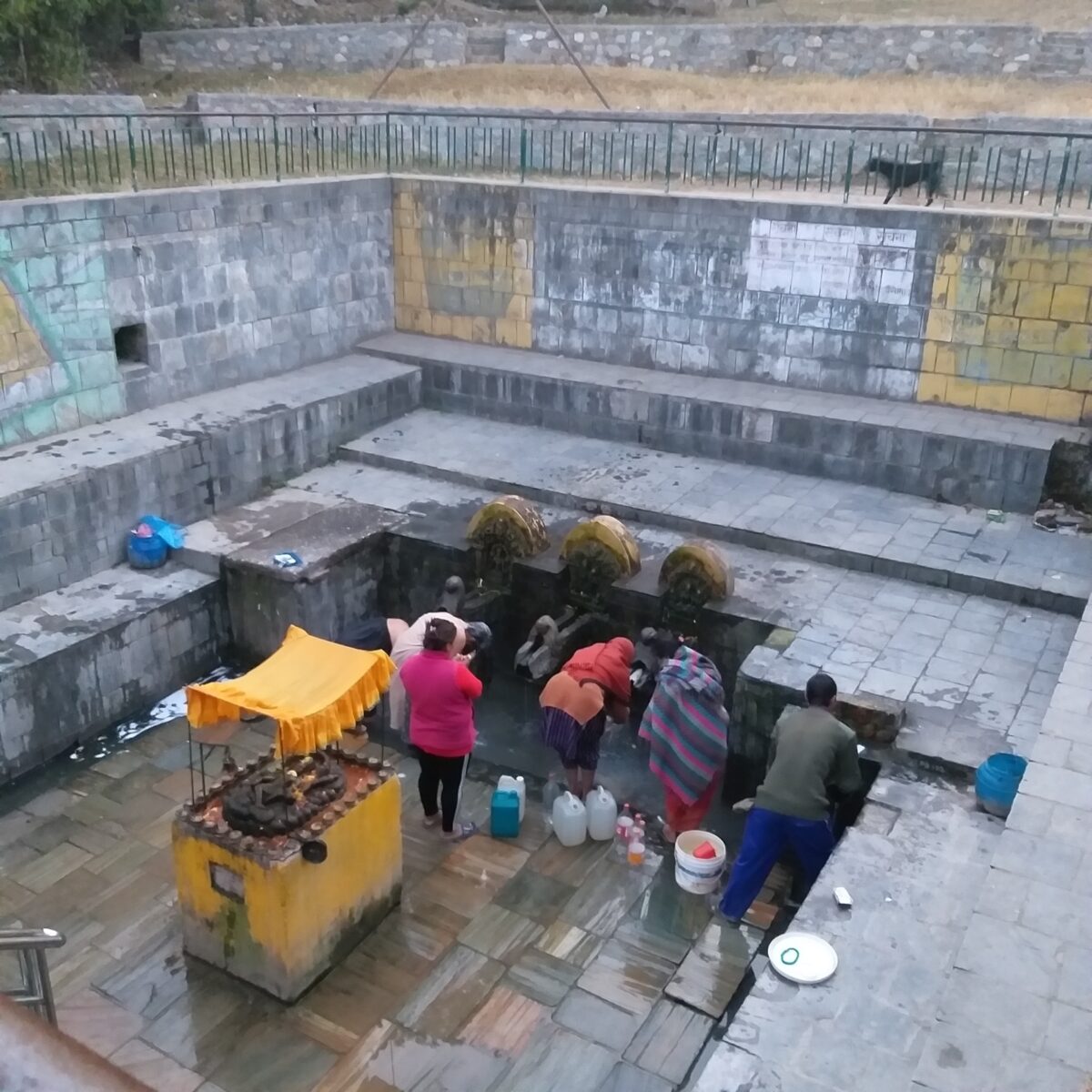Ripin Kalra
Kalra, R. (2020). ‘Can Urban Local Ponds Help Tackle Domestic Water Scarcity and Build Resilience? with Reference to South Asian Cities and City Regions’, Journal of Regional and City Planning, 31(2). (doi:10.5614%2Fjpwk.2020.31.2.5)
For decades to come, cost-effective and environmentally-appropriate water systems will be a priority for managing water scarcity and building resilience in the rapidly expanding cities and city regions of South Asia. Many large cities in South Asia are meeting their growing demands for water by transferring it thousands of miles each day. This study initiates research into urban local ponds and the potential of linking them with water systems to build resilience.
A framework of questions guided the research with reference to ponds and prevalent water systems in South Asian cities and city regions. The wider issues of water stress in South Asian cities and the general limitations of prevalent water supply systems were studied through the lens of a literature review. The paper then draws upon observations in three cities in the South Asian countries of Bangladesh, India and Nepal.
The research showed that a majority of the tens of thousands of ponds and tanks that are still visible all across South Asian urban and agricultural regions were the result of investments by philanthropic, governance and community efforts over hundreds of years. Despite policy support for local rainwater capture, groundwater is over-exploited and urban local ponds (and tanks) have not been integrated with urban water provision schemes, particularly in recent decades. Wetlands and ponds built over hundreds of years in several cities continue to disappear at a staggering rate due to urbanisation. For instance, in the economically bustling ‘silicon valley of India’, Bangaluru, only 10 of the city’s recorded 267 reservoirs are currently in a condition to hold water.
It was concluded that local urban ponds can facilitate resilient water supply provision by making them an integral part of the urban waterscape. This paper highlights a multitude of benefits that ponds can potentially bring to urban resilience, in particular by: offering affordable and accessible water provision with low environmental footprint; managing climate shocks or stresses; restoring biodiversity in urban areas; and potentially generating new skills and livelihoods for communities. The overall suggestion is that local urban ponds should be networked into the water provision for cities and their wider region, thereby linking them to wider arrangements for urban and regional governance and resilience.










